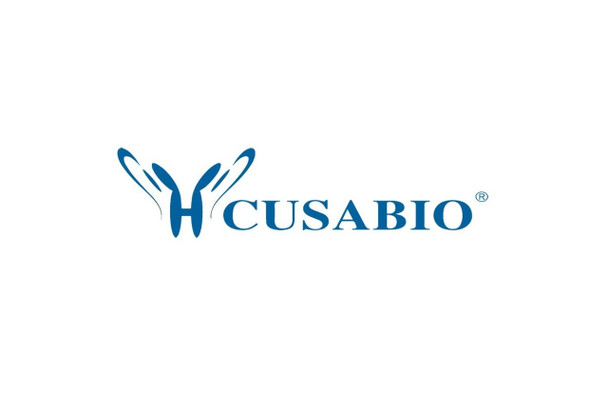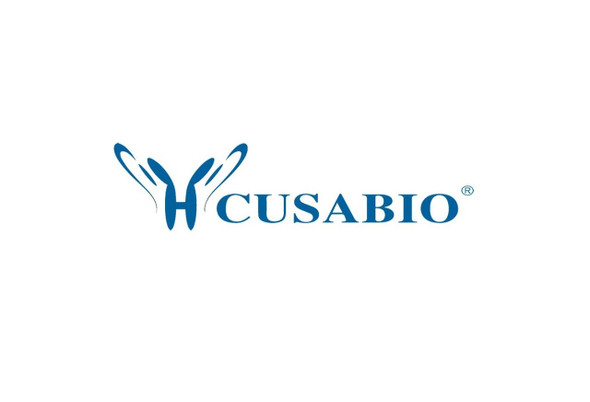Cusabio Polyclonal Antibodies
PODXL Antibody, Biotin conjugated | CSB-PA13447D0Rb
- SKU:
- CSB-PA13447D0Rb
- Availability:
- 3 to 7 Working Days
Description
PODXL Antibody, Biotin conjugated | CSB-PA13447D0Rb | Cusabio
PODXL Antibody, Biotin conjugated is Available at Gentaur Genprice with the fastest delivery.
Online Order Payment is possible or send quotation to info@gentaur.com.
Product Type: Polyclonal Antibody
Target Names: PODXL
Aliases: Podocalyxin (GCTM-2 antigen) (Gp200) (Podocalyxin-like protein 1) (PC) (PCLP-1), PODXL, PCLP PCLP1
Background: Involved in the regulation of both adhesion and cell morphology and cancer progression. Function as an anti-adhesive molecule that maintains an open filtration pathway between neighboring foot processes in the podocyte by charge repulsion. Acts as a pro-adhesive molecule, enhancing the adherence of cells to immobilized ligands, increasing the rate of migration and cell-cell contacts in an integrin-dependent manner. Induces the formation of apical actin-dependent microvilli. Involved in the formation of a preapical plasma membrane subdomain to set up inital epithelial polarization and the apical lumen formation during renal tubulogenesis. Plays a role in cancer development and aggressiveness by inducing cell migration and invasion through its interaction with the actin-binding protein EZR. Affects EZR-dependent signaling events, leading to increased activities of the MAPK and PI3K pathways in cancer cells.
Isotype: IgG
Conjugate: Biotin
Clonality: Polyclonal
Uniport ID: O00592
Host Species: Rabbit
Species Reactivity: Human
Immunogen: Recombinant Human Podocalyxin protein (32-458AA)
Immunogen Species: Human
Applications: ELISA
Tested Applications: ELISA
Purification Method: >95%, Protein G purified
Dilution Ratio1:
Dilution Ratio2:
Dilution Ratio3:
Dilution Ratio4:
Dilution Ratio5:
Dilution Ratio6:
Buffer: Preservative: 0.03% Proclin 300
Constituents: 50% Glycerol, 0.01M PBS, PH 7.4
Form: Liquid
Storage: Upon receipt, store at -20°C or -80°C. Avoid repeated freeze.
Initial Research Areas: Signal Transduction
Research Areas: Cancer;Cardiovascular;Signal transduction;Stem cells






